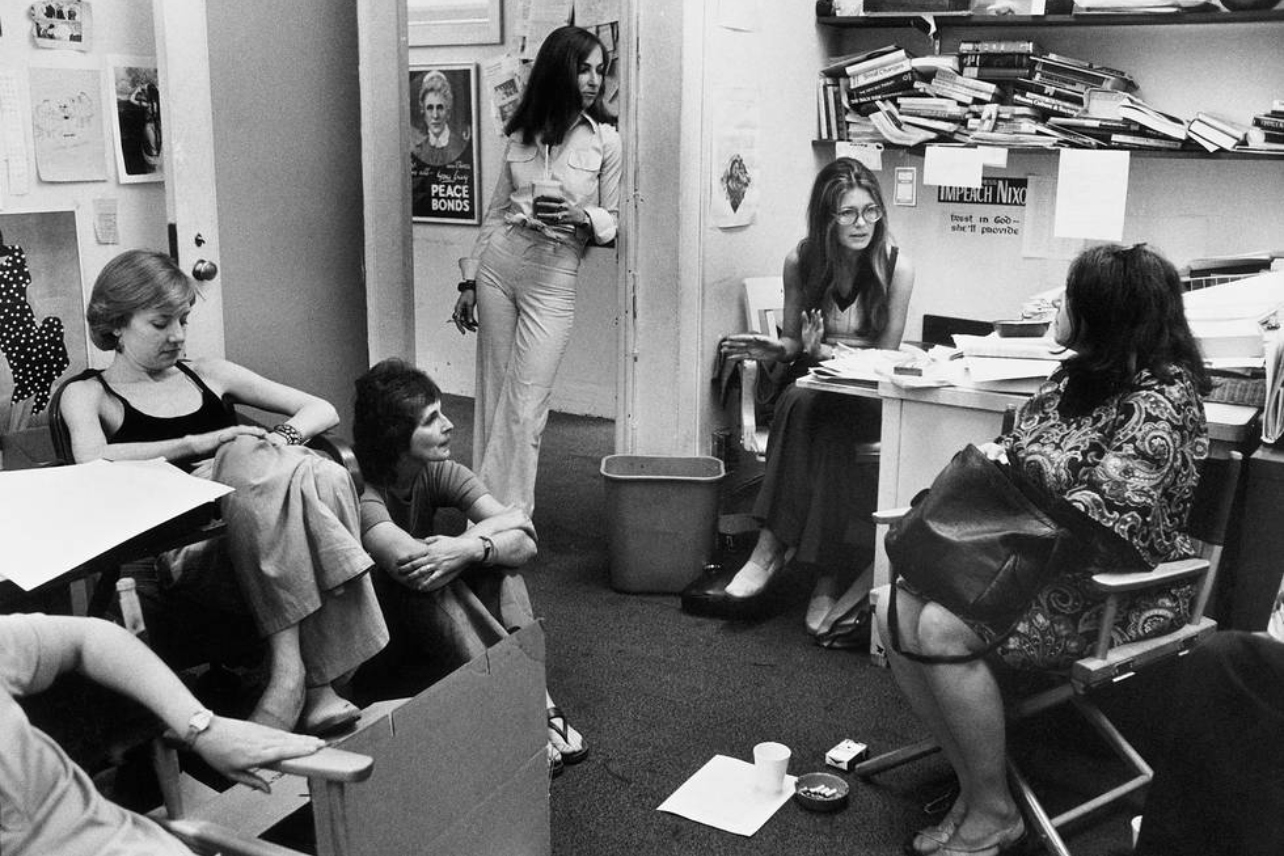BREAKING: HBO Max has just released a powerful new documentary, Dear Ms.: A Revolution in Print, that delves into the transformative impact of Ms. Magazine on women’s rights and feminist discourse. This urgent film traces the magazine’s origins from its launch in 1972 by journalist and activist Gloria Steinem, who aimed to create a platform for women’s voices in a time when their issues were largely ignored.
The documentary is divided into three compelling parts, each helmed by different directors—Salima Koroma, Alice Gu, and Cecilia Aldarondo. It reveals how Ms. Magazine broke ground by addressing taboo topics such as abortion, domestic abuse, and LGBTQIA+ issues, igniting conversations that were previously silenced. The first part, “A Magazine for All Women,” illustrates how Steinem and her colleagues responded to the inadequacies of existing women’s publications, creating a space that resonated deeply with readers.
“Women would say, ‘I feel as if a friend came into my door and told me I was not crazy,’” Steinem reflects in the film, highlighting the magazine’s role in validating women’s experiences. The first issue, released in January 1972, featured groundbreaking content that challenged societal norms and sold out quickly, despite facing immediate backlash from critics like newsman Harry Reasoner.
Part two, titled “Ms.: A Portable Friend,” focuses on the deep connection readers formed with the magazine. It emphasizes how Ms. not only influenced public dialogue but also drove significant legislative changes related to women’s rights. The documentary captures the turmoil experienced by traditional families as the magazine’s feminist messages disrupted established norms.
As editor Letty Cottin Pogrebin states,
“We were taking power away from people who thought they were born into it.”
This segment highlights the magazine’s pioneering coverage of domestic violence and sexual harassment, which helped establish support systems and legal protections that we often take for granted today.
The final segment, “No Comment,” addresses controversial topics surrounding pornography and how the magazine navigated these discussions within feminist circles. Despite criticism from some contributors, Ms. Magazine has continually evolved, reflecting the changing landscape of feminist thought.
What makes Dear Ms. particularly poignant is its willingness to confront the publication’s shortcomings, especially regarding representation and intersectionality. As many voices—both supporters and critics—are heard, the film encourages a deeper understanding of the complexities involved in the feminist movement.
Viewers are left with a lasting impression of how Ms. Magazine not only gave voice to women’s issues but also shaped the socio-political landscape of the time. In a world still grappling with these discussions, the documentary serves as a vital reminder of the ongoing struggle for equality and representation.
Why This Matters NOW: As conversations around women’s rights continue to evolve, Dear Ms.: A Revolution in Print is essential viewing for anyone invested in understanding the historical context of these issues. It not only commemorates the strides made since the 1970s but also highlights the work still needed to achieve true equity.
Streaming now on HBO Max, this documentary is a must-watch for those seeking insight into the feminist movement’s past and its implications for the future. Don’t miss the chance to engage with a story that has shaped and continues to influence the lives of women today.
